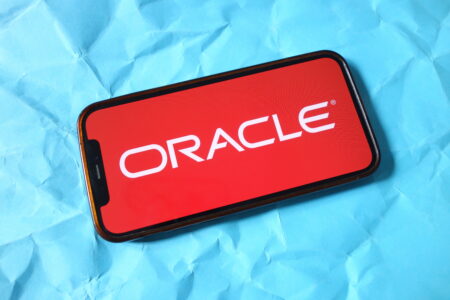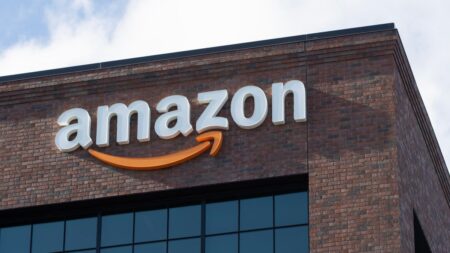
Wayne Sadin shares his perspective on the keynote presentation given by Oracle Co-founder, Executive Chairman, and CTO Larry Ellison at Oracle CloudWorld last week.
Join us on October 27, 2022 for Acceleration Economy’s Data Modernization Digital Battleground, a digital event in which four leading cloud vendors answer questions on key considerations for updating data strategies and technology. Register for free here.
Highlights
00:57 — Ellison discussed Oracle’s multi-cloud relationship with Microsoft. He describes this as a “melded cloud because it’s just more than multi-cloud.” This partnership is significant because Azure customers will be able to use Azure to access the “back end of Oracle stuff” and Oracle customers will use OCI (Oracle Cloud Infrastructure) to access the “back end Azure stuff.” This offers users a natural interface that they will be comfortable working in.
01:45 — As a result of this partnership, both companies are doing away with ingress and egress charges on data. Once data is in a system, it can be costly to get the data back out, which has led to a lock in the infrastructure layer of clouds. Wayne commends both companies for questioning “why they are doing this to people.”
02:32 — Ellison expanded on his vision for how Oracle will transform the healthcare industry. His vision includes a global health database, a health management system, a national health management system, provider health management systems, a patient engagement set of modules, the CX (customer experience), and a provider operations set of modules. This is important as it comes at a time when electronic health records (EHRs) and electronic medical records (EMRs) are built around payers, insurance companies, or the government.
04:21 — Ellison brought up the fact that the financial services industry has all of its databases connected, so healthcare should be able to do the same. Coming from the perspective of a CIO, Wayne says he has the same question. He says it is a “wonderful thing that Oracle has the chops to tackle all the nonclinical part of the EHR environment.” If any company can “fix” the healthcare industry, it’s Oracle — given its reputation as a database company that expanded into developing applications.
06:48 — Wayne says he can certainly opine that Oracle’s current infrastructure, cloud, and apps combined with Cerner can really take a crack at solving a lot of the healthcare issues in interoperability and customer service, among other areas.
Want more insights into all things data? Visit the Data Modernization channel:











